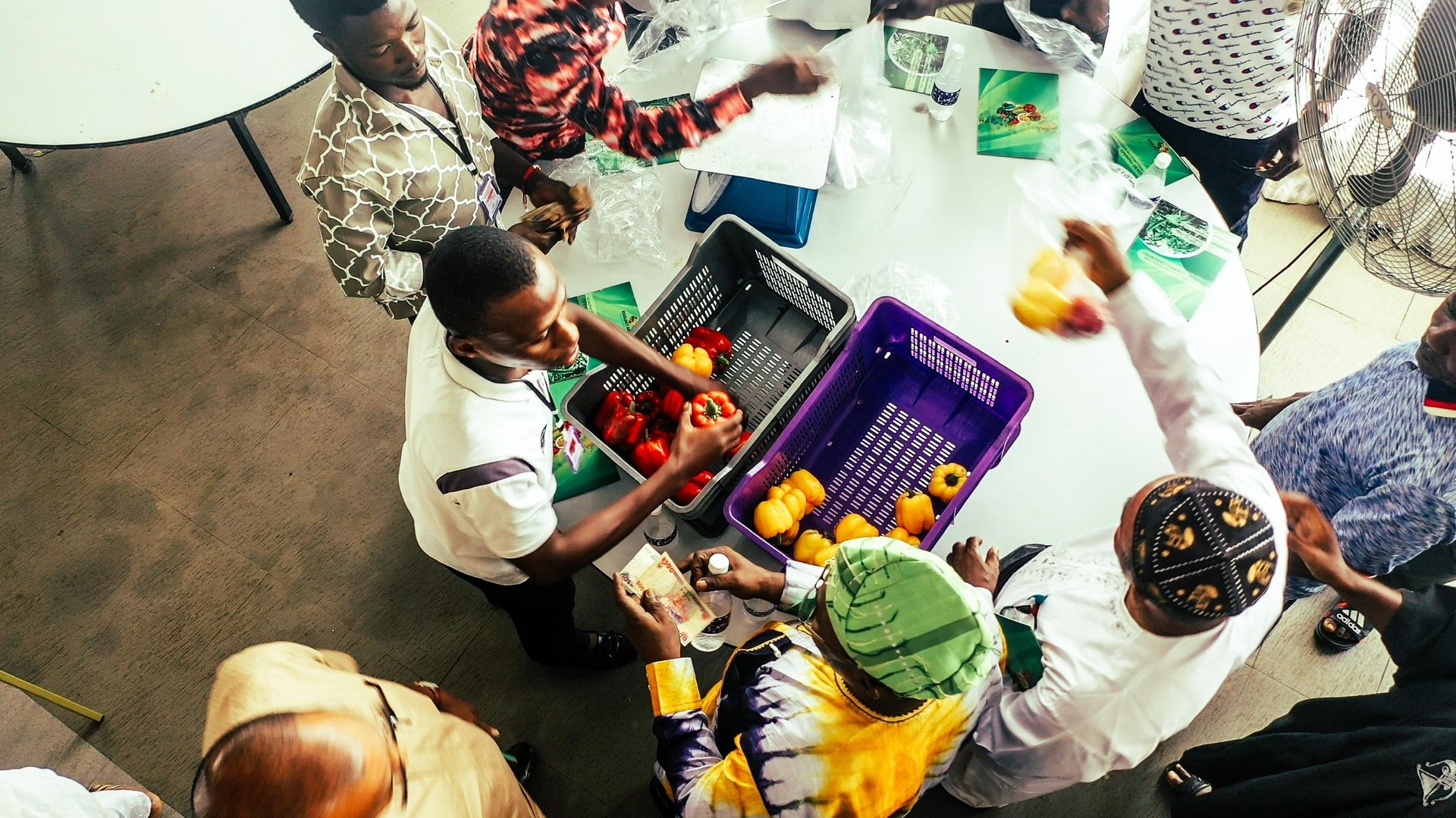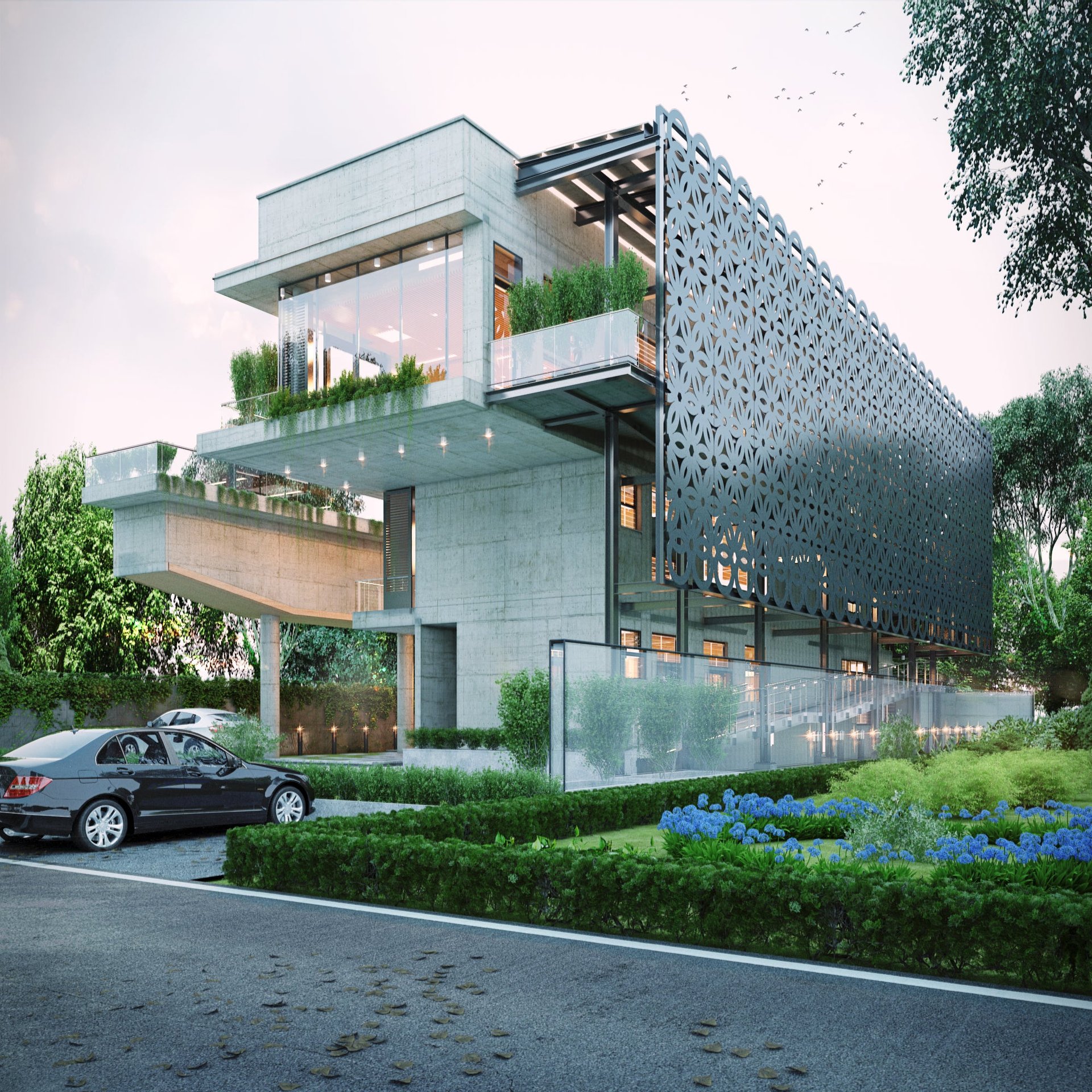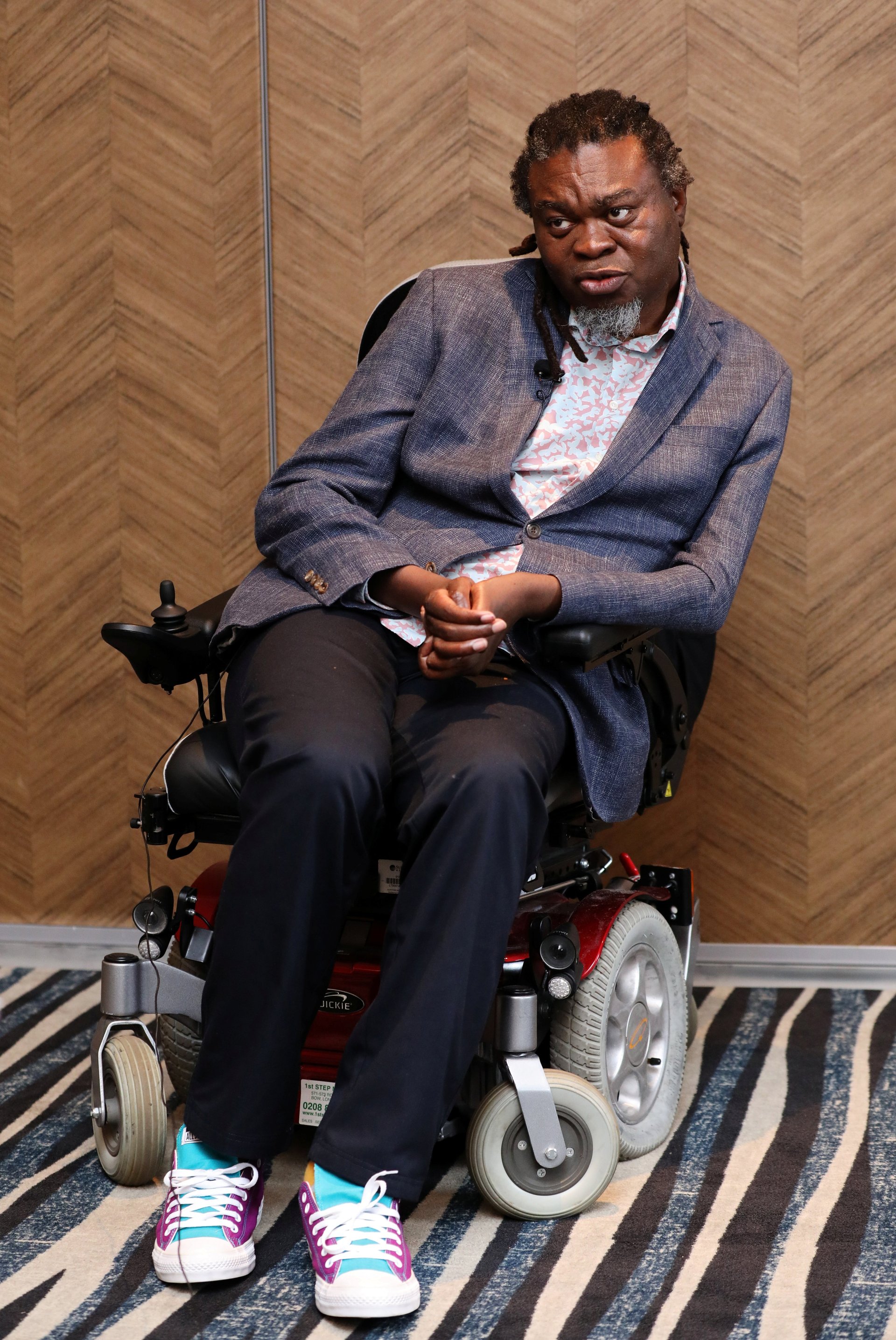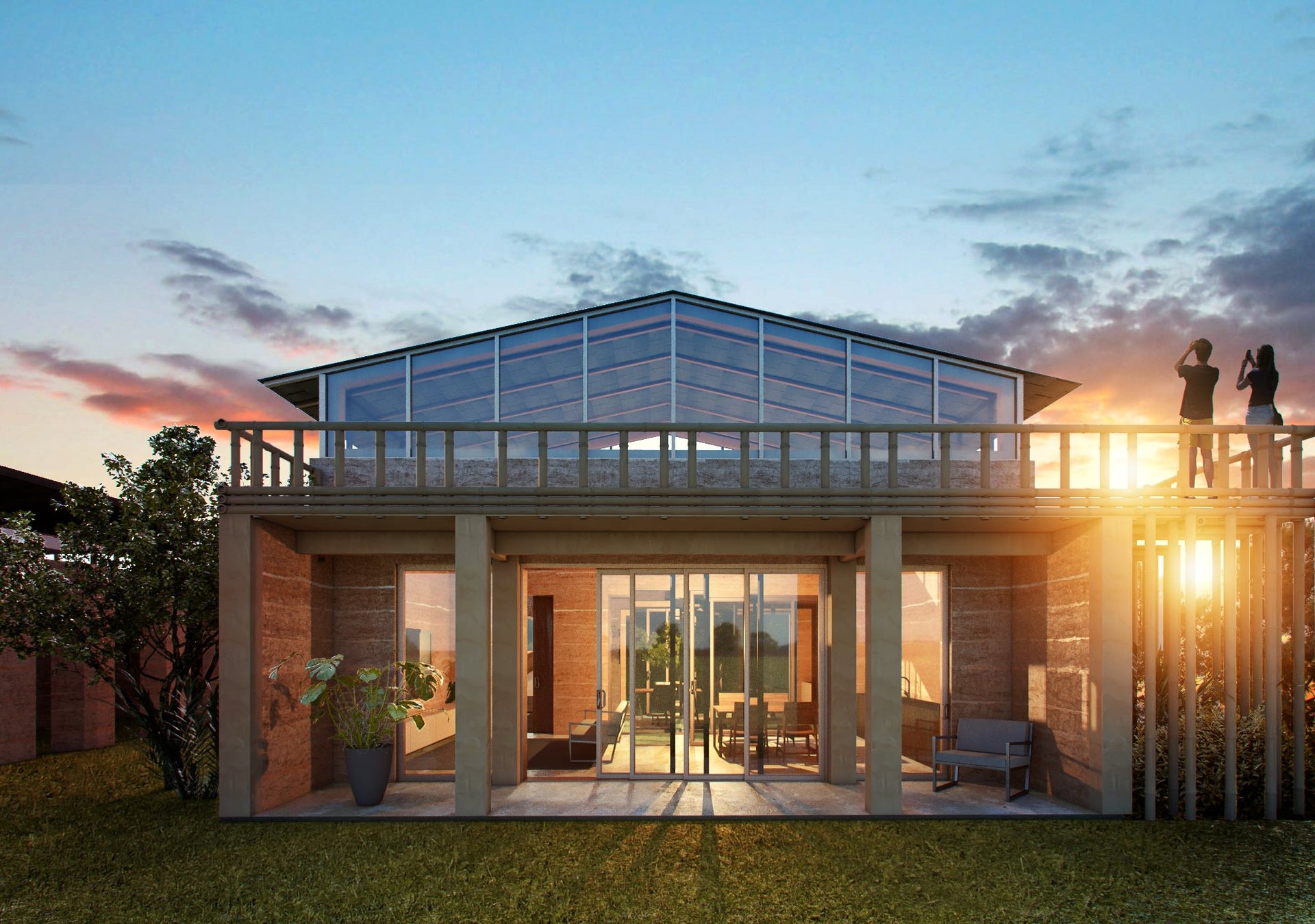How an art icon wants to revitalize Nigeria’s creative ecosystem with a residency for artists
Yinka Shonibare is fascinated by the complexities and the global flows that make up African identities. This is evident in his widely recognized use of “African” wax print fabrics, a recurring motif in Shonibare’s artworks. These designs however are Indonesian batik fabrics produced by the Dutch, and are widely distributed across Western Africa.


Yinka Shonibare is fascinated by the complexities and the global flows that make up African identities. This is evident in his widely recognized use of “African” wax print fabrics, a recurring motif in Shonibare’s artworks. These designs however are Indonesian batik fabrics produced by the Dutch, and are widely distributed across Western Africa.
“I liked the layers of identity of those fabrics,” Shonibare says. “The fabrics became a metaphor for the contemporary African”. Known for his visual explorations on post-colonialism, globalization and identity, Shonibare’s work examines the transnational mobility and fluidity of African identities and explores the multiplicity of cosmopolitanism.
Understanding the wider cultural significance of Shonibare’s works is imperative to understanding how he aims to redefine Nigeria’s cultural and creative landscape. His political views, themes and explorations are somewhat integrated into the mission and vision of his latest philanthropic initiative, Guest Artists Space (G.A.S) Foundation. Scheduled to launch in 2021 in Nigeria , Shonibare is building an artist residency space in Lagos, Lekki and a farm in Ijebu about two and a half hours from Lagos to provide opportunities for creative and cultural exchange for African and international artists.

G.A.S Foundation will host three artists at a time for three months, offering a platform for participants to critically engage with various art disciplines, cultivate connections amongst creatives, curators, collectors and ecologists as well as tackle the exclusionary barriers of the art world by offering networking and career development opportunities for emerging local talents.
The growing global popularity of Nigerian musicians, actors and fine artists, has positioned the nation as the continental hub for creativity and talent. But this is not new. Nigeria has long fostered fine art spaces since the early 20th century. During the 1950s, schools of art such as the Zaria Rebels, Osogbo School and Nsukka School, all challenged and subverted European modernist styles and conventions, by adopting visual cues rooted in Igbo and Yoruba traditions.

In recent years, Nigeria’s contemporary art scene has gained global recognition, resulting in the increased popularization and commercialization of Nigerian artworks. However, few educational spaces and facilities exist to support creatives, thus the onus is left on artists to develop such spaces without governmental assistance and meagre financial aid. Through extensive research, Shonibare realized that establishing G.A.S. Foundation would be a more feasible solution to cultivating creative infrastructure in Nigeria.
G.A.S Foundation joins a cohort of philanthropic and business initiatives dedicated to boosting the continent’s fine art sector, such as artist Kehinde Wiley’s Black Rock Senegal residency and the Art X Lagos fair in Nigeria. There are also a burgeoning number of African art agencies developed to support African artists. Undiscovered Canvas, run by Nomaza Nongqunga-Coupez, showcases young emerging African creatives’ works across galleries in Europe and South Africa and provides opportunities for skills development and exposure. Knowledge-sharing and mentorship have become vital practices to fortify Africa’s art ecosystems, countering the dominance and ubiquity of Western cultural works and creative institutions. Like many of Shonibare’s contemporaries, there is a conscious effort to diversify the global art market, by supporting continental artists, creatives and the local community.
For example, Shonibare’s farm structure, designed by the Lagos-based architecture firm, MOE+ Art Architecture, is a testament to his interest in the dialogic relationship between art, sustainability and society. The farm in the rural area of Ibeju is not limited to an exclusive residency retreat for artists, but the 54-acre farm coupled with 1,000 cashew trees and five greenhouses also serves as a space for neighboring villages to grow crops and vegetables.

The 57-year old artist was born to Nigerian parents in London and moved to Lagos when he was 3. He returned to London at 17 to study but a year later he became disabled after a contracting a rare neurological condition which inflamed his spinal cord. While his physical restrictions may have increased with age his achievements and influence in global art circles have soared winning numerous artistic plaudits and recognition including last year receiving a CBE, one of the UK’s highest honors from the Queen for his work.
Shonibare aims to facilitate social and cultural change not only by increasing the skills and visibility of continental and international artists, but by privileging the needs of the local community through job creation and food security. “Social interventions are a part of my practice. They’re not separate from my art.” The Nigerian-British icon challenges the monopolizing effects of international-scale creative projects that have often excluded and erased local communities from enjoying the benefits of such initiatives.
Both structures are adopting an eco-friendly approach with their architecture and functionality. “We’ve really tried to minimize the carbon footprint of both houses,” says Shonibare. In collaboration with environmental engineers, both structures work seamlessly in conjunction with the environment, adopting a self-cooling functionalism and locally sourced materials as well as using renewable energy including solar power and low energy fittings.
Visualizations of the design of the Lekki residency building demonstrates the cultural meanings behind the foundation. The building is inspired by Yoruba architecture and converges modernist design. “Yoruba architectural structures have courtyards, like a meeting place for people to gather,” Shonibare explains, rendering it a communal space for creative practice and partnerships amongst guests. Designed by Ghanaian-British architect Elsie Owusu, the structure further exemplifies the foundation’s ethos on international collaboration and exchange.

Shonibare is confident that G.A.S. Foundation will enlighten the world about the current creative opportunities from the continent. More specifically, he is dedicated to establishing two-way communication and connections between Africa’s art markets and the international community.
“Creativity is difficult if you’re going to be insular about it. You need to be open to other ways of thinking and primarily be open to being challenged.”
Sign up to the Quartz Africa Weekly Brief here for news and analysis on African business, tech and innovation in your inbox